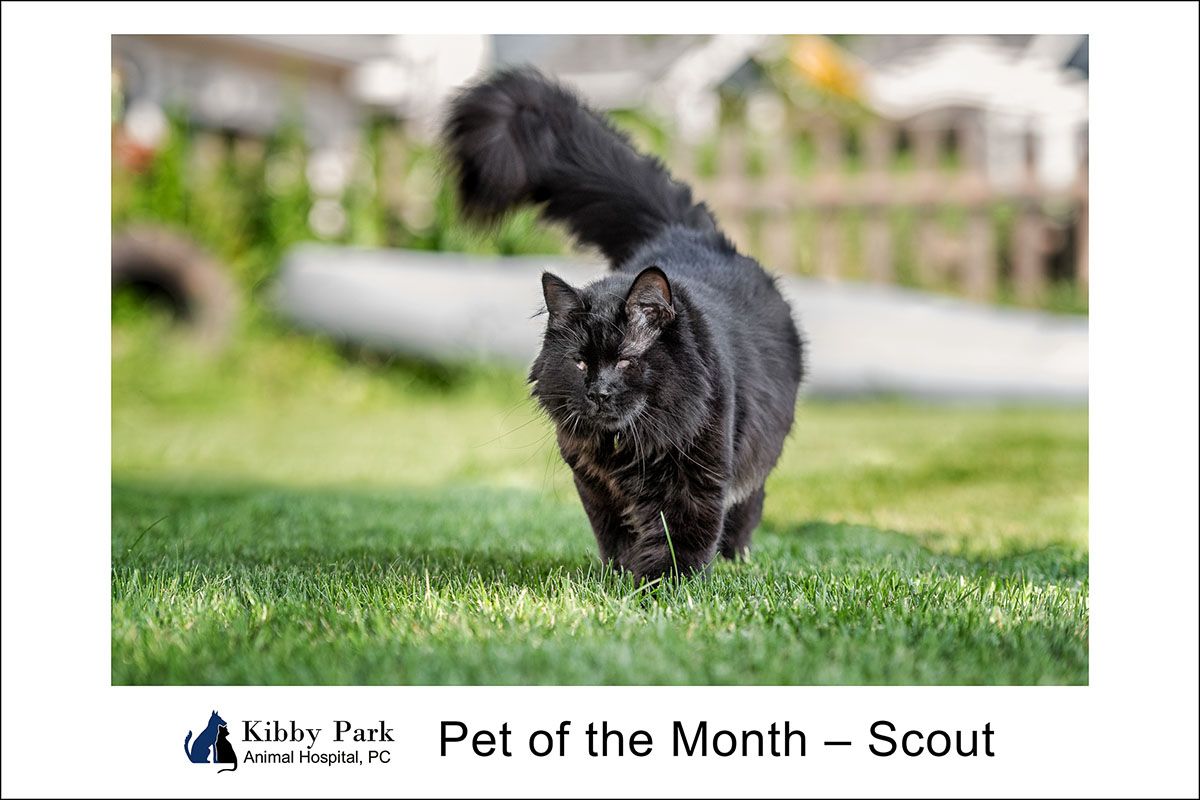Matt Davies Harmony Communities Discusses the Dietary Requirements of Kittens Versus Adult Cats

Introduction
According to Matt Davies Harmony Communities, kittens require more calories per cup, higher protein levels, and higher amounts of certain nutrients that help to support their growth. That’s why you have to feed them kitten food that is specially made for kittens instead of cat food. In fact, kitten food is more nutrient-dense than adult cat food.
The Requirements
Let’s compare the dietary requirements of kittens versus adult cats:
1. Calories – During their growth phase, kittens can grow explosively to double or triple their weight in the first few weeks. Thus, they have almost triple the energy requirement of normal adult cats. Due to this, kittens require food that is higher in calories to help them fulfill their energy requirements during their growth phase. In fact, you need to feed them at least three to four times a day to ensure they can maintain a healthy weight and energy.
The metabolism of cats becomes slower as they grow older, and they also become less active. Thus, adult cats have lower calorie requirements than kittens. In fact, you can only feed them twice a day to help them maintain their weight.
2. Fats and fatty acids – Kittens require essential fatty acids such as omega-3 and omega-6 fatty acids to stay healthy and fuel their rapid development. This is because such fatty acids are responsible for the proper functioning of several organs.
According to the American Association of Feed Control Officials (AAFCO), kitten food must contain specific omega-3 fatty acids such as eicosapentaenoic and docosahexaenoic acids. However, there is no such requirement for cat food. On the other hand, senior cats require fatty acids which reduce inflammation.
3. Proteins – According to the American Association of Feed Control Officials (AAFCO), kittens should get at least 30% of their energy from protein to fuel their growth and develop their overall strength. That’s why kitten food contains about 35-50% protein and is rich in essential amino acids such as lysine, arginine, and methionine.
Adult cat food contains about 25-40% protein since the extra protein ratio doesn’t provide them with additional benefits unless they suffer from a health condition.
4. Vitamins and minerals – According to the AAFCO’s Nutrient Profile for Cat Food (NPF), kittens require about twice as much calcium as adult cats. They require specific minerals such as calcium and phosphorus to develop and maintain strong bones and teeth. They also require vitamin E and selenium to build a healthy immune system and more copper, magnesium, iodine, and vitamin A than adult cats.
Adult cat foods are less nutrient dense when compared to kitten food. Instead, they are specifically made to be more digestible and contain vitamins and minerals that help to reduce inflammation.
Conclusion
Matt Davies Harmony Communities suggests you feed your kittens high-quality kitten food that meets the standards established by the American Association of Feed Control Officials (AAFCO). Avoid food labeled “for all life stages” since these are less than ideal. Instead, select kitten food that offers “complete and balanced nutrition”.
